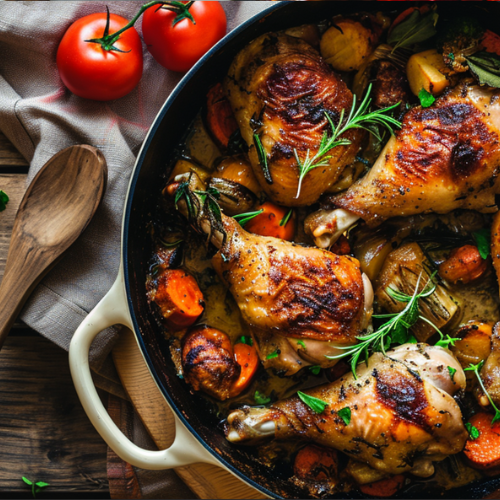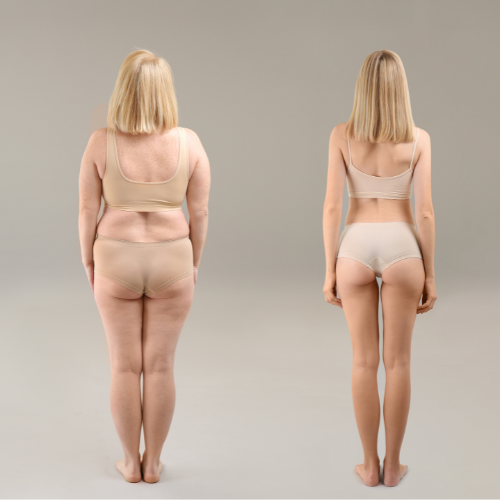How alcohol affects your diet: Calories in popular drinks
Alcohol and diet are two words that rarely go together. Nevertheless, many of us like to occasionally reach for a glass of wine with dinner or a glass of beer at a gathering with friends. There is no doubt that alcohol affects our bodies, but how exactly does it fit into the context of diet and weight control? In this article, we'll look at the caloric content of popular alcoholic beverages and their impact on our dietary goals.
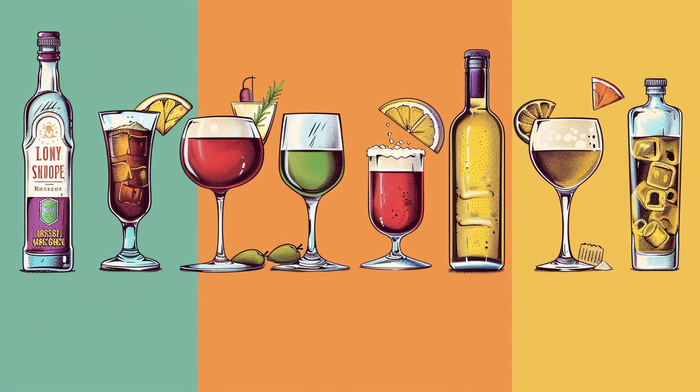
Calories in alcohol - basic information
Alcohol is high in calories. A gram of pure ethanol provides about 7 kcal, which puts it second only to fat (9 kcal/g) in terms of calories. Moreover, alcoholic beverages often contain sugars and other additives that increase their energy value. Therefore, it is important to be aware of how many calories we actually consume when reaching for our favorite beverages.
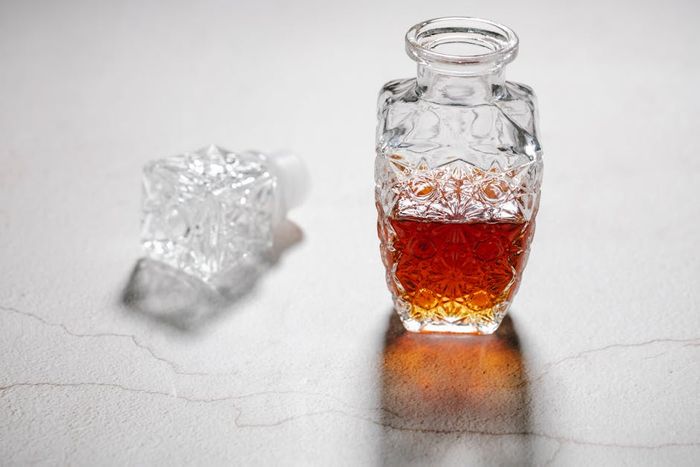
Examples of calorie content of popular drinks
Understanding how many calories each alcoholic beverage contains can help you better plan your diet. Here are some examples:
- Beer (500 ml) - about 150-300 kcal, depending on the type
- Red wine (150 ml) - about 125 kcal
- White wine (150 ml) - about 120 kcal
- Vodka (50 ml) - about 100 kcal
- Whisky (50 ml) - about 110 kcal
- Mojito cocktail (250 ml) - about 240 kcal
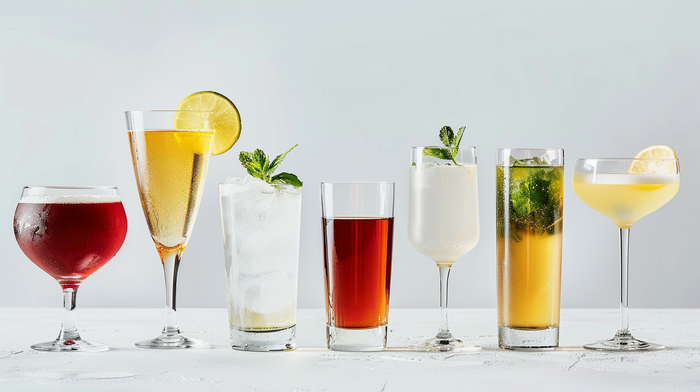
Effects of alcohol on metabolism
Alcohol consumption has a direct impact on our metabolism. The body treats alcohol as a toxin, so its metabolization takes precedence over other nutrients such as fats or sugars. This means that alcohol consumption can lead to a slowdown in fat burning, which in turn makes it harder to lose weight or maintain it.
Strategies for dealing with calories from alcohol
If you don't want to give up alcohol, but at the same time take care of your diet, there are several strategies that can help you control calories from alcoholic beverages:
- Choose drinks with lower calorie content, such as light beer or wine.
- Limit additives, such as juices or sweet syrups, which significantly increase the caloric content of drinks.
- Drink more slowly and in smaller quantities to reduce your total calorie intake.
- Always drink alcohol in moderation and try not to drink on an empty stomach, which can increase its effect on metabolism and feelings of hunger.
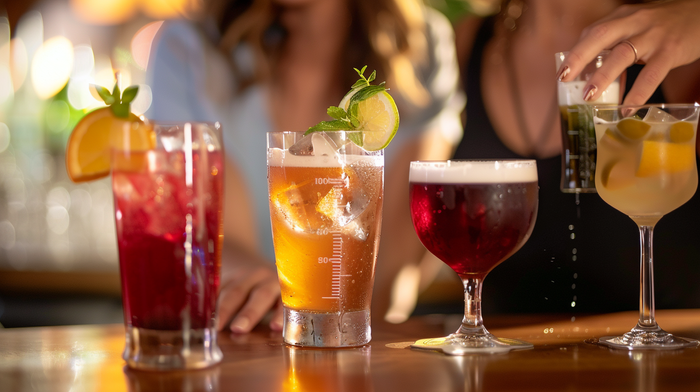
Summary
Alcohol can have a significant impact on your dietary goals, especially if not consumed in moderation. Understanding how many calories your favorite alcoholic beverages contain is key to maintaining a healthy diet and controlling your weight. Remember that the best strategy is to consume alcohol in moderation, choosing lower-calorie drinks and avoiding sugary additives. Your body will certainly appreciate these choices!

